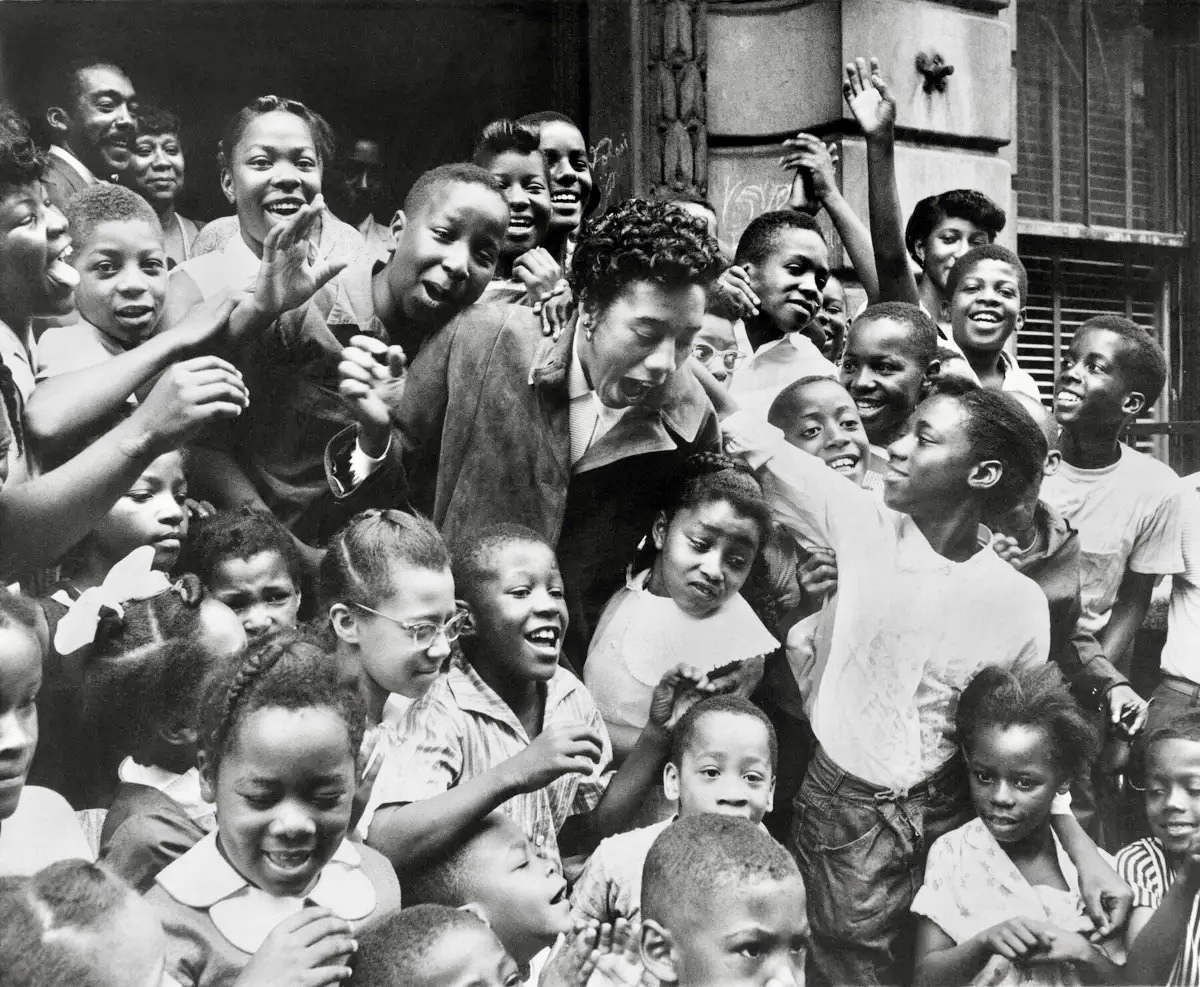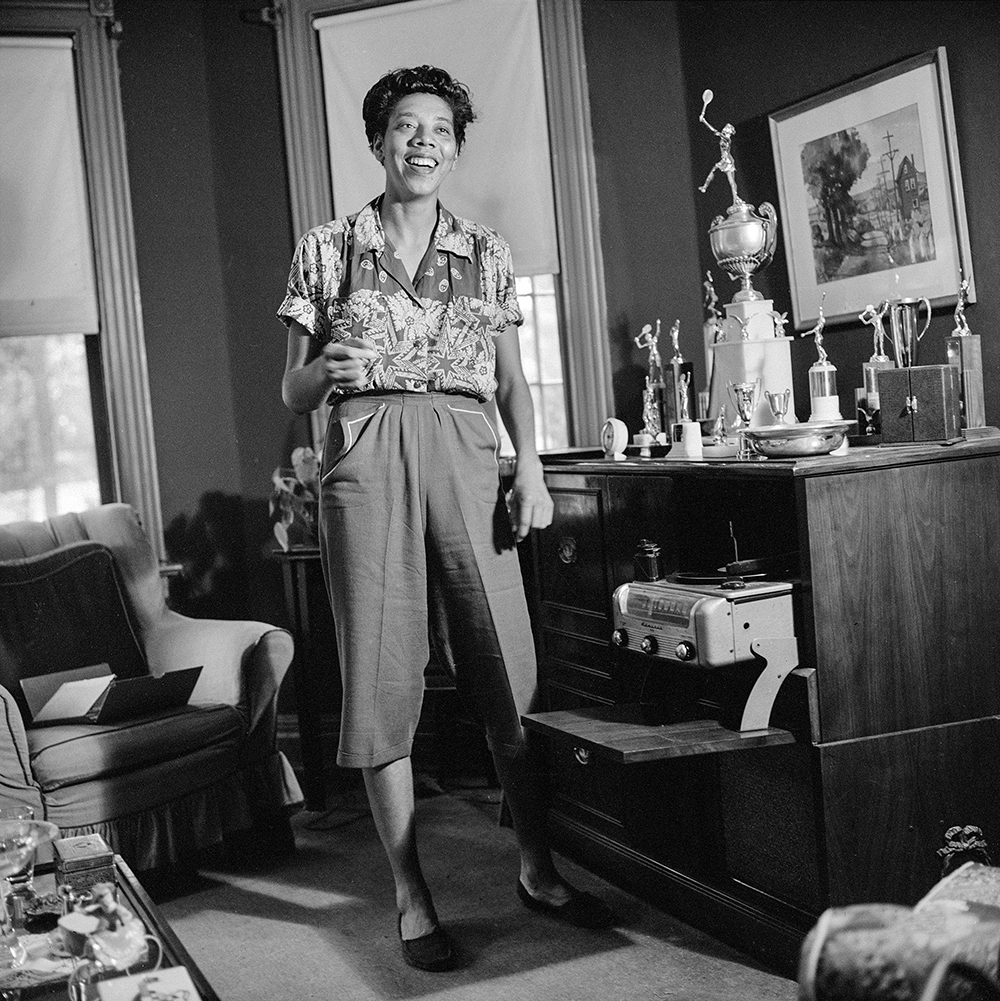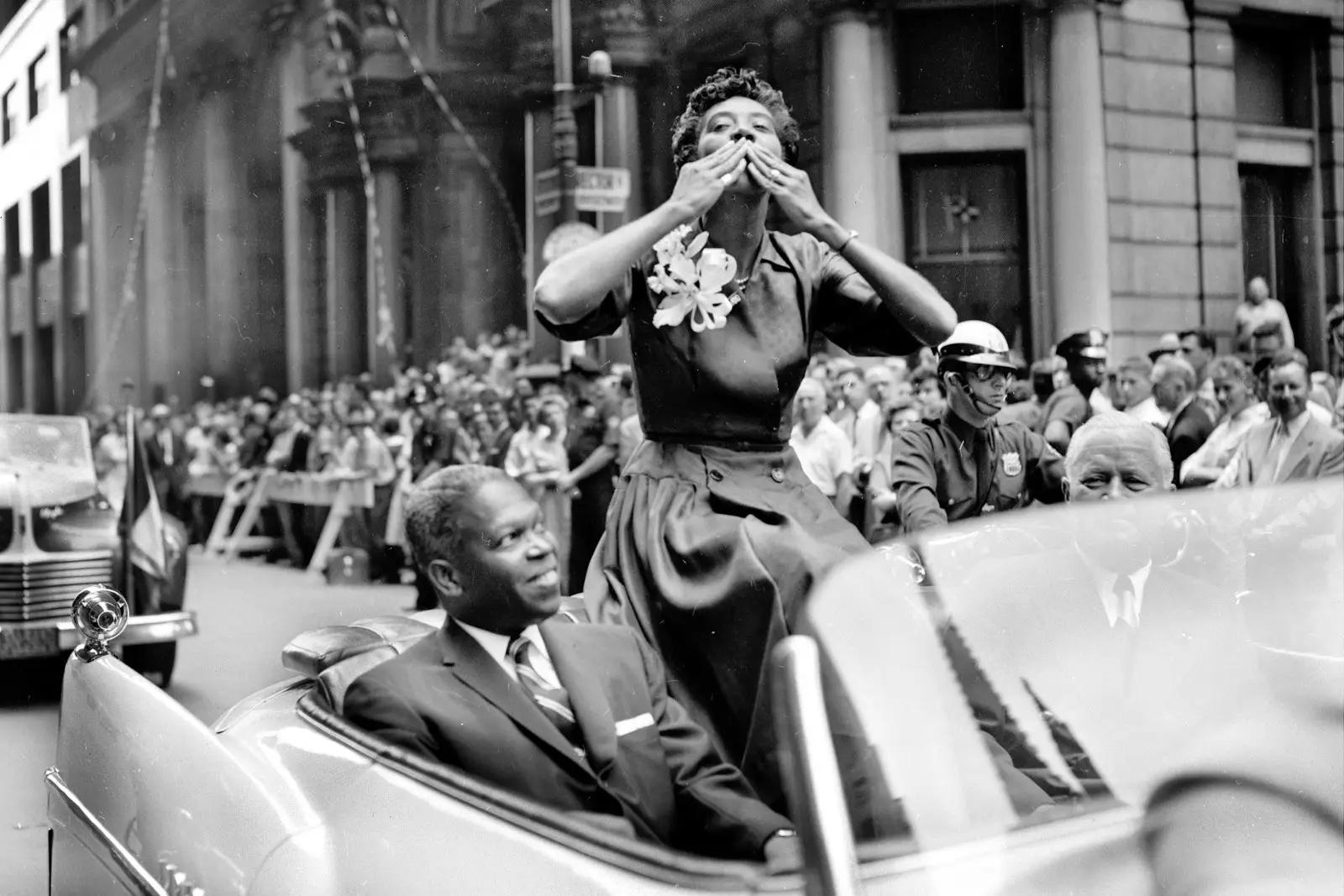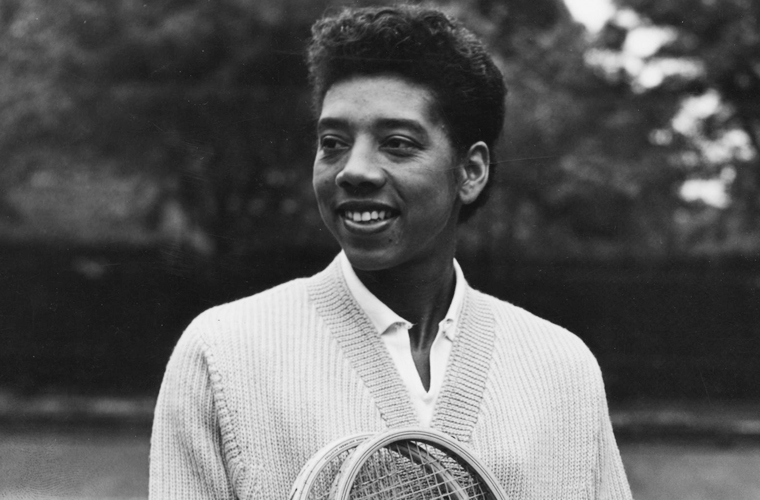Althea Gibson was a trailblazer in the world of tennis, breaking down barriers and paving the way for future generations of African-American athletes. Born on August 25, 1927, in Silver, South Carolina, Gibson grew up in Harlem, New York City, where she discovered her love for tennis. Despite facing discrimination and segregation in the tennis world, Gibson went on to become the first African-American athlete to win a Grand Slam title. She won the French Open in 1956 and Wimbledon in 1957 and 1958. She also won the US Open in 1957 and 1958, making her the first African-American to win that tournament as well.

Gibson’s success on the court was a testament to her talent and hard work. She was a natural athlete who excelled in many sports, including basketball and track and field. However, it was tennis that captured her heart and became her passion. Gibson faced many challenges on her journey to becoming a professional tennis player. In the 1950s, segregation was still prevalent in many parts of the United States, and African-Americans were often excluded from playing in tournaments and clubs. Gibson was forced to compete in segregated tournaments and faced discrimination from both players and fans.

Despite these obstacles, Gibson continued to persevere and rise to the top of her sport. She was known for her powerful serve and aggressive style of play, which often left her opponents stunned. Her success on the court inspired many African-Americans to take up tennis and pursue their dreams. Gibson’s achievements did not go unnoticed. In 1957, she was named Female Athlete of the Year by both the Associated Press and the United Press International. She was also inducted into the International Tennis Hall of Fame in 1971.

After retiring from tennis in 1958, Gibson went on to pursue other interests. She became a professional golfer and even recorded an album of popular songs. She also wrote an autobiography, “I Always Wanted to Be Somebody,” which chronicled her life and career. Gibson passed away on September 28, 2003, at the age of 76. Her legacy lives on as a pioneer for African-American athletes and as one of the greatest tennis players of all time. In conclusion, Althea Gibson’s impact on the world of tennis cannot be overstated. Her perseverance and determination in the face of discrimination paved the way for future generations of African-American athletes. Her legacy serves as an inspiration to all who strive for greatness both on and off the court.

